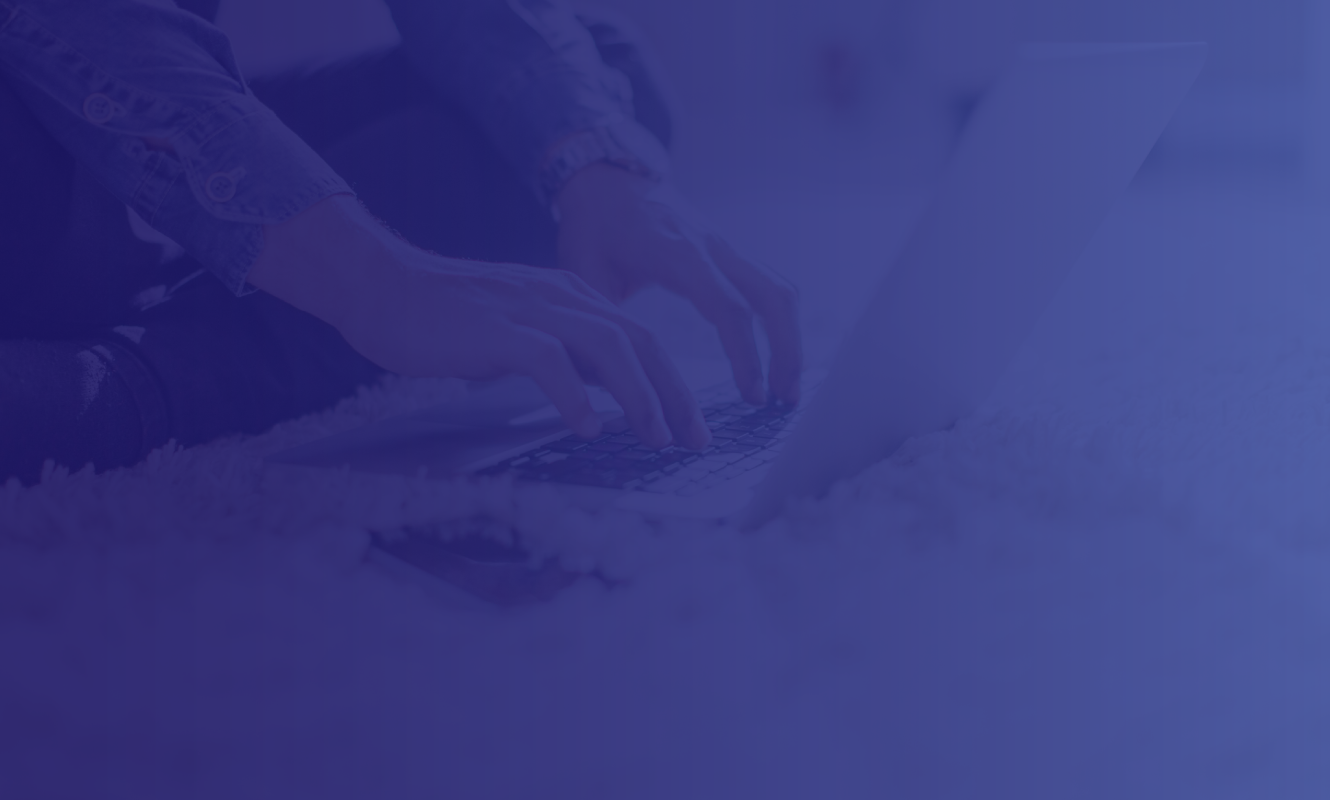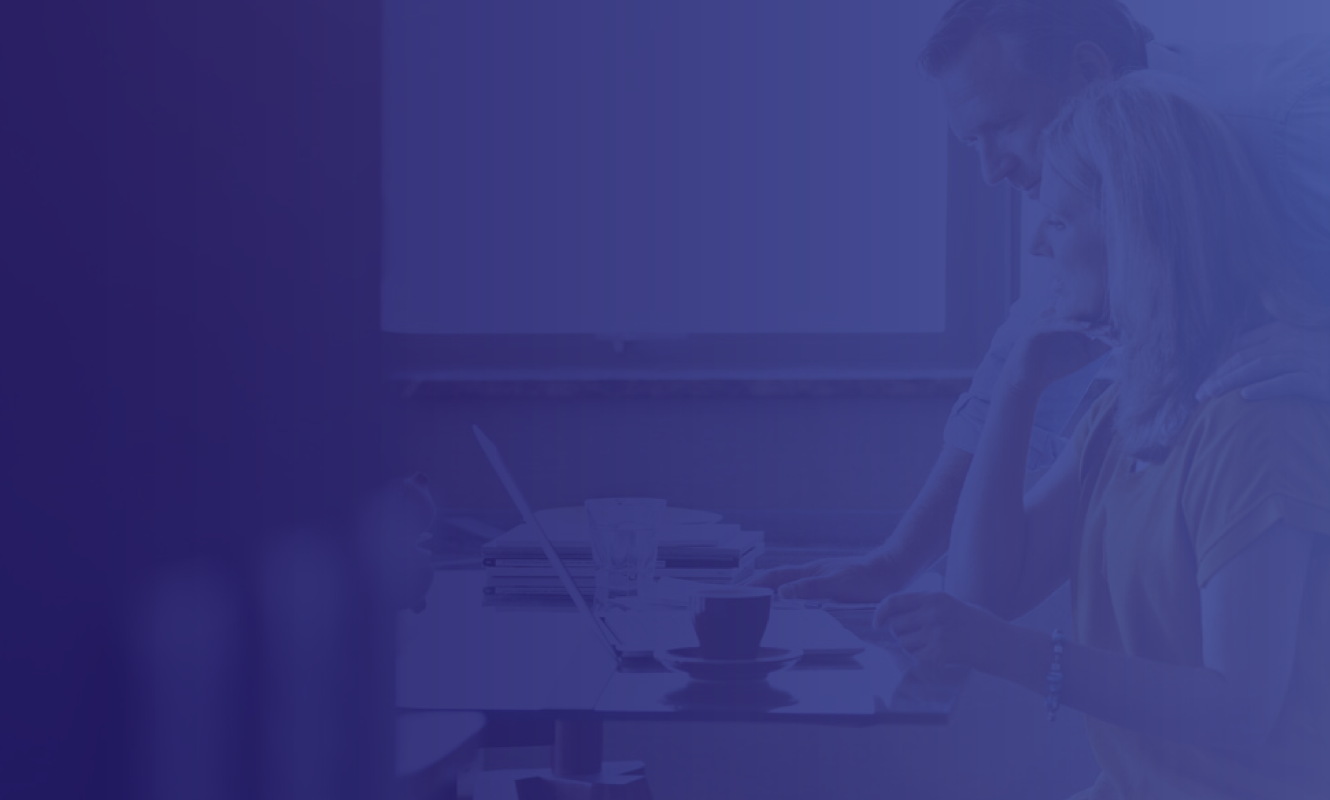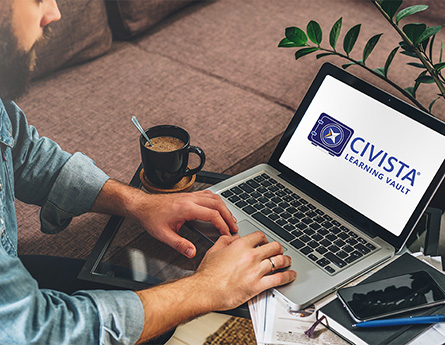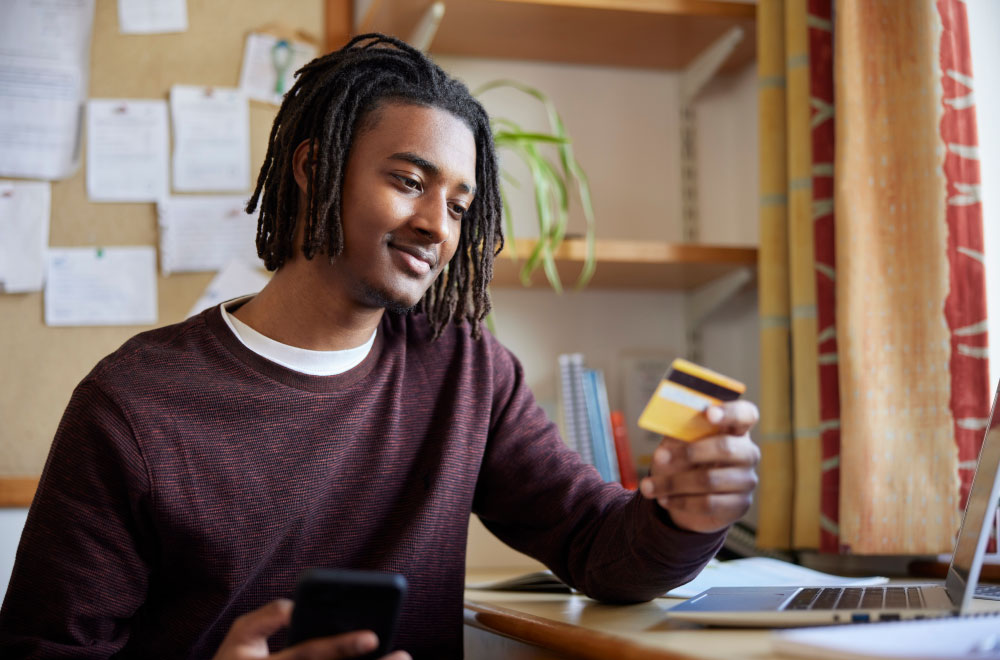
As you start your journey towards financial independence, managing your finances is crucial for every student. Your debit card, often a student's first financial tool, stands at the forefront of this journey. Not only does it offer a gateway to managing personal finances, but when used wisely, it becomes a foundation for developing financial literacy and responsibility.
Key Takeaways:
- A debit card is a student's first crucial financial tool, providing a practical method for managing personal finances and fostering financial literacy.
- Understand the specifics of debit card transactions, including potential delays and fund holds, which can affect the available balance.
- Secure debit card information and be vigilant against fraud through proactive measures like banking alerts and secure ATM practices.
- Debit cards can teach financial management skills such as budgeting, tracking expenses, avoiding overdrafts, and setting a solid foundation for personal finance.
Understanding Debit Cards
How Debit Cards Work
Think of a debit card like an electronic key to your bank account. Every time you use it, money is pulled straight from your account to pay for things like your favorite snack, your monthly phone bill, or the down payment on your first car. It's a direct link to your cash, so you must be smart about when and how you use it.
Holds and Pending Transactions
When using a debit card, it's important to understand that sometimes your funds might not be immediately available. For instance, when you fill up your tank at a gas station, the station may place a hold on your account for a certain amount that could be more than what you actually spend.
Once the transaction is processed, the exact amount of your purchase will be deducted, and any excess funds on hold will be released back into your account. However, during this time, the larger amount may still appear as held, temporarily reducing your available balance.
Additionally, some transactions might show as pending and not immediately reflected in your account balance. It's important to keep track of these pending transactions to ensure you have a clear understanding of how much money you actually have available to spend.
Differences Between Debit Cards and Credit Cards
While a debit card provides a direct and simple way to use the funds you already have, a credit card is a different kind of financial tool. With a credit card, you can borrow money for purchases and pay it back later.
It's crucial to remember that this money isn't yours; it's borrowed, and if not paid back promptly, interest will accrue. Using a credit card comes with the responsibility of repaying what you owe, which can be an excellent way to build your credit if managed wisely.
Starting with a debit card is an excellent way to gain a solid understanding of managing finances, particularly if you're beginning to earn money from a job or need to budget carefully in college. A debit card helps instill fundamental financial habits like tracking spending, setting budgets, and understanding the impact of each transaction on your account balance. These are essential skills that provide a strong foundation for financial responsibility.
As you become more comfortable and proficient in managing your money, adding a credit card to your list of financial tools may be a strategic next step. To learn more about using credit cards responsibly and building your credit, visit Civista's Insights Blog article, Why Help Your Teen Start Building Their Credit Now.

Benefits of Using a Debit Card
Transaction Tracking
Using a debit card typically provides quick feedback on your transactions, allowing you to monitor your spending effectively. This insight is especially valuable for budgeting, helping you stay on top of your finances with a clear picture of where your money is going.
Lower Risk of Accumulating Debt
With a debit card, the risk of falling into debt is substantially lower than with credit cards. Since you're using your own money, you're less likely to overspend, provided you monitor your account balance closely.
This direct use of your funds helps cultivate a habit of financial discipline, ensuring that you spend within your means and avoid the high-interest rates and potential debt associated with credit cards.
It is still possible to overdraw your account if you're not careful. Overdrawing happens when you make a purchase that exceeds the balance in your account, resulting in a negative balance. It's vital to keep a close eye on your account activity and maintain a buffer of funds to prevent your account from overdrawing.
Enhances Financial Literacy
Handling real funds with your debit card teaches you valuable lessons in financial management. It encourages you to dive deeper into budgeting, saving, and spending wisely.
This practical experience is especially beneficial for you as a student, helping you build a sense of responsibility and essential financial skills early in life. By managing your own money, you're setting up a strong foundation in personal finance that will support your financial decisions in the future.
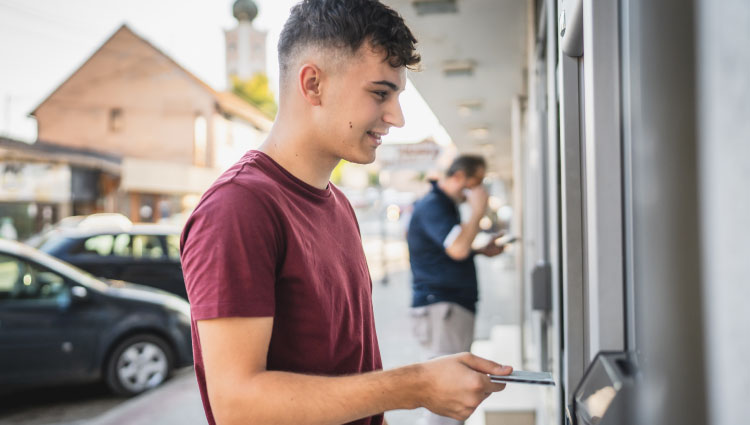
Tips for Wise Debit Card Usage
Monitor Your Spending
Utilize your Civista Digital Banking app to effortlessly track and categorize your expenses and establish a budget that keeps your finances well-organized. With Civista's financial tools, you can maintain a clear view of your spending patterns, which empowers you to make informed financial decisions. These tools are designed to help you understand your financial habits better, ensuring that you stay on top of your money management.
Safeguard Your Information
It's crucial to keep your debit card information secure to prevent fraud. Always keep your PIN and card details confidential. Be alert to phishing scams, including SMiShing (SMS or text message scams), which might falsely claim your card is blocked to trick you into revealing sensitive information.
By staying informed and cautious about these tactics, you can protect yourself from potential threats and ensure your financial information remains safe. For more information, visit Phishing and Smishing Prevention Tips.
Utilize Banking Alerts
Setting up account alerts for transactions can be a proactive way to manage your account. These alerts serve as an early warning system against fraud and help prevent overspending. You can be notified when your balance gets too low or when a debit transaction over a certain amount is made on your account.
Civista also provides FraudEYE alerts to communicate quickly and securely about suspicious debit card activity. To learn more, visit https://www.civista.bank/fraudeye-alerts.
Choose ATMs Wisely
Opting for in-network ATMs can save you from unnecessary fees from your bank and ATM surcharges that can vary by the ATM owner. Civista's Student Free Checking provides expanded ATM access for students. It waives up to four non-Civista ATM fees per statement period and rebates the first four ATM surcharges from other ATM owners each month.
Also, following safety tips for withdrawing cash is crucial for your financial and personal security.
- Use ATMs in well-lit, secure locations: Avoid ATMs in secluded or poorly lit areas. ATMs inside banks or in busy areas tend to be safer.
- Be aware of your surroundings: Before using an ATM, observe the area for any suspicious activity or individuals. If something feels off, leave and find another ATM.
- Shield the keypad: When entering your PIN, use your other hand or your body to shield the keypad from view. This can prevent potential thieves from seeing your PIN.
- Check the ATM for tampering: Before inserting your card, check for any unusual devices attached to the ATM. Skimmers, which can steal card data, are sometimes attached to the card slot.
- Take your cash and receipt: Don't leave the ATM without taking your money, card, and receipt. Leaving a receipt can give others a chance to see your transaction details.
- Go directly to a safe place to store your money: Avoid counting cash at the machine. Instead, safely put away your money before leaving the ATM.
Review Statements Regulary
Regularly checking your account for unauthorized transactions on your monthly statement and more frequently in your digital banking app is a good habit. It also helps you understand your spending habits over time, providing insights for future budget planning.
In today's digital age, a debit card is more than just a tool for making transactions; it's essential for building a solid financial foundation. By adopting the practices outlined, you can avoid common financial pitfalls and set themselves on a path to sound financial health. Embracing responsible debit card use is not merely about managing money—it's about securing your financial future.
FAQs
What should I do if I notice an unauthorized transaction on my debit card?
Immediately report any suspicious activity to your bank. The sooner you report, the quicker your bank can act to prevent further misuse. If you suspect suspicious account activity, you can contact Civista at 800.604.9368.
Review your bank statements monthly. This will help you catch any discrepancies early and closely monitor your spending patterns.
Linking your debit card to a digital wallet can offer convenience and provide additional security features, such as tokenization, which enhances transaction safety. Learn more at https://www.civista.bank/personal/manage/digital-wallet
 Skip Navigation
Skip Navigation

